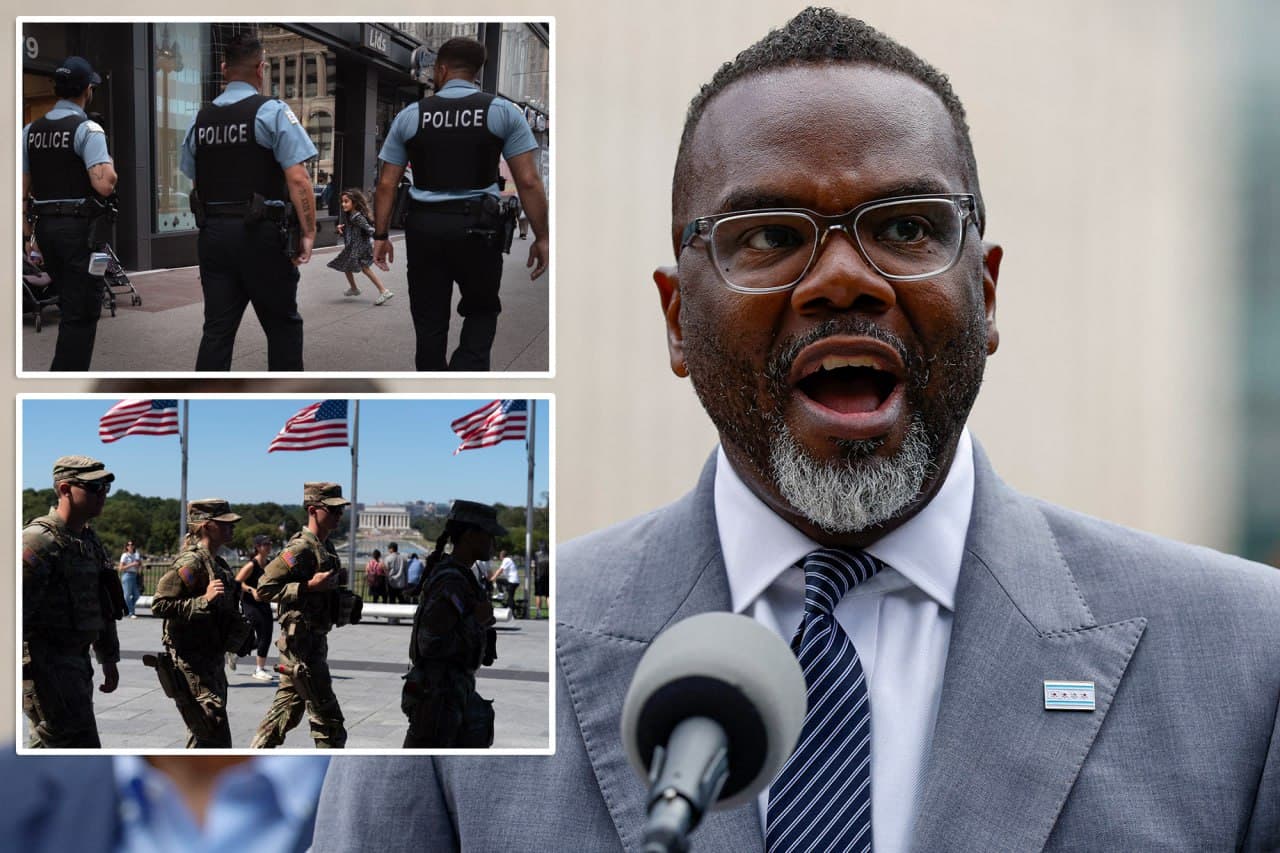Chicago Mayor Brandon Johnson has signed an order prohibiting local police from cooperating with Immigration and Customs Enforcement (ICE) agents. This decision comes as the White House plans to deploy the National Guard in Chicago in the coming days, a move Johnson has condemned as “tyranny.”
In his order, Johnson emphasized that Chicago"s police will not participate in joint street patrols with National Guard troops, asserting the city"s commitment to protecting its immigrant communities. He expressed strong opposition to federal intervention, threatening legal action against the Trump administration if federal agents attempt to operate within city limits.
The mayor"s decision aligns with a growing national debate over immigration enforcement and local law enforcement"s role in it. Similar situations have unfolded in various cities across the U.S., where local leaders have pushed back against federal immigration policies. This week’s developments reflect a significant shift in Chicago’s approach to immigration enforcement, which has historically prioritized community trust over compliance with federal authorities.
As tensions rise between local and federal authorities, the implications of Johnson"s order could reshape the landscape of immigration enforcement in the city. With ongoing discussions about the role of the National Guard, many Chicago residents are left to wonder how these changes will impact their safety and community relations.

![[Video] Federal officers deploy sting balls and flash grenades at Whipple Building](/_next/image?url=%2Fapi%2Fimage%2Fthumbnails%2Fthumbnail-1768340555229-vhfcc-thumbnail.jpg&w=3840&q=75)
![[Video] Crowd-control weapons used in Minneapolis as anti-ICE protesters attack police vehicle](/_next/image?url=%2Fapi%2Fimage%2Fthumbnails%2Fthumbnail-1768336302231-akxf7s-thumbnail.jpg&w=3840&q=75)

![[Video] Protests erupt in Minneapolis after ICE detains teenager, multiple arrests made](/_next/image?url=%2Fapi%2Fimage%2Fthumbnails%2Fthumbnail-1768331835371-z9ylqg-thumbnail.jpg&w=3840&q=75)


![[Video] Gunfire between Iraqi security forces and Sadr militias in Baghdad](/_next/image?url=%2Fapi%2Fimage%2Fthumbnails%2Fthumbnail-1768343508874-4redb-thumbnail.jpg&w=3840&q=75)
